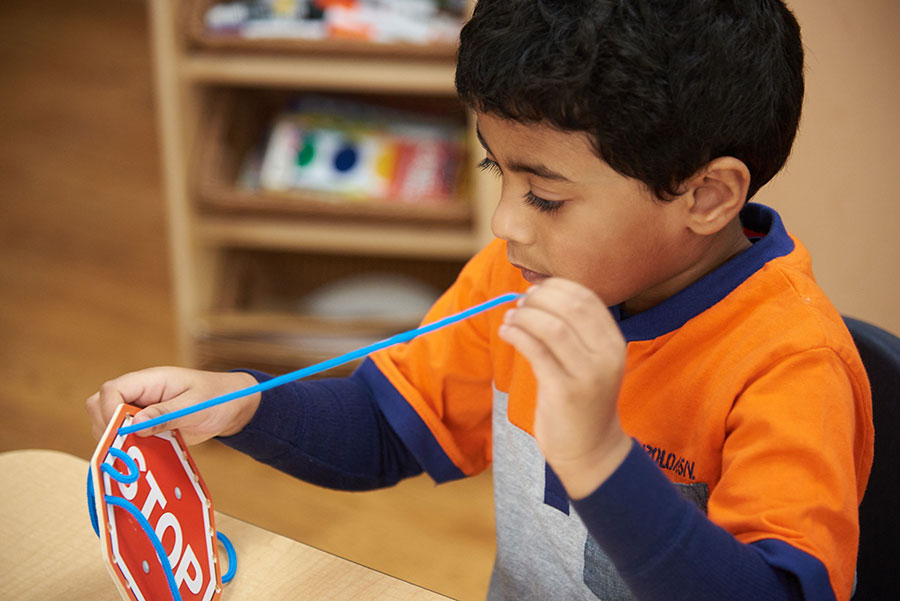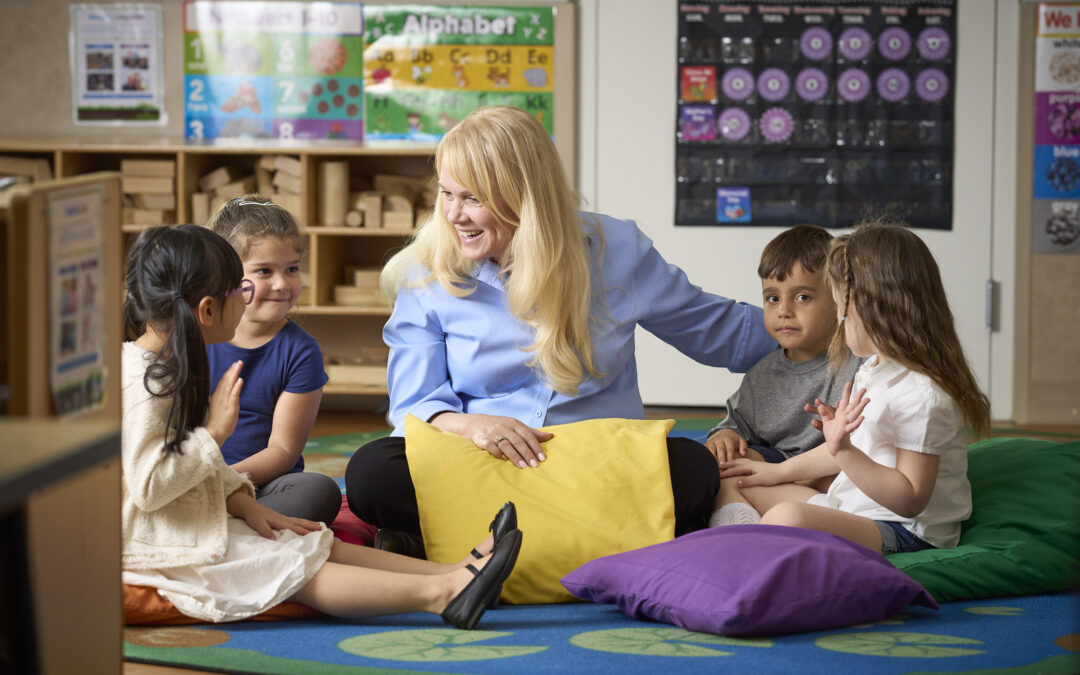“Get in the car, we’re going to be late.” “Pick up those toys.” Why don’t children listen? Children are trying to make sense of the world around them. They learn by exploring, experimenting and testing the limits of their environment…and parents. The testing part is especially true when we’re tired, in a hurry or in front of people we want to impress.
The reality of parenting, exhaustion, impatience and nonstop kid activity, can turn us into the parents we never want to be. Saying things to our children we wish we didn’t. We ignore them or lash out in anger intended for someone else. We moralize, letting personal frustration show. It’s normal and part of being a parent.
What is discipline? Discipline is teaching children to act appropriately, acknowledge emotions, control reactions, understand how the world works and their place in it. Typically, discipline is associated with punishment, when it should be a teachable moment. This is how children will learn and succeed, it’s everything we do, say and teach.
Remember, change takes time, patience and consistency – things busy parents have little of. Here’s how to get started:
- Set clear, realistic, age-appropriate limits and expectations.
- Use choices, redirection and logical consequences to refocus.
- Encourage, support, praise self-control and all efforts.
- Be a role model.
How do we teach appropriate behavior? Children need to experiment and test behaviors within limits. Understanding what they can and cannot do, children will test boundaries to see what they can get away with before someone stops them. They will act out, talk back and not listen, that’s just how they learn and figure out the rules of life. Depending upon their temperament, they’ll follow rules just enough to avoid consequences.
Make sure they sleep. Children should get nine to eleven hours of sleep each night. When they’re even slightly sleep deprived, it negatively affects their health and alters behaviors.
Establish a routine. Routine gives children structure and fosters feelings of security, comfort and trust. They know what to expect, feel more in control and can learn more easily.
Have clear, specific rules of acceptable behavior. It sounds silly, but we often don’t tell children the rules. “We’re not buying anything at the store, except groceries. Please don’t ask.”
Be consistent. Children understand cause and effect. If we are inconsistent, regardless of our intention, they will learn that inappropriate behavior is how to get what they want.
Address inappropriate behavior immediately. Put down the phone, stop the car, and come out of the shower, covered in soap. Stop what you are doing to acknowledge inappropriate behavior when it happens. Correct them immediately following their actions.
Get on their level. For young children this usually requires getting down on your knees, leaning over or sitting on the floor.
Validate their feelings. When your child has misbehaved let them know that you understand or are trying to understand how they feel.
Speak with normal tone of voice. Don’t raise your voice when talking to your child, even when you’re upset. Use a positive, firm, natural tone of voice to explain what they did wrong.
Offer choices. Propose two activities and give them a choice. “It’s time for dinner. Do you want to sit next to your sister or me?”
Redirection. Guide your child to a new activity. “You build with blocks. You can’t play with blocks if you throw them. You can throw a ball.”
Have logical consequences. Don’t allow your child to do anything unless they do it appropriately. If you tell them there will be a consequence for an inappropriate action, follow through.
When your child is having a tantrum remember – they are still learning to control their emotions and actions. Admit it, there have been times you wanted to lie down on the floor and kick and scream. You just haven’t…yet.






